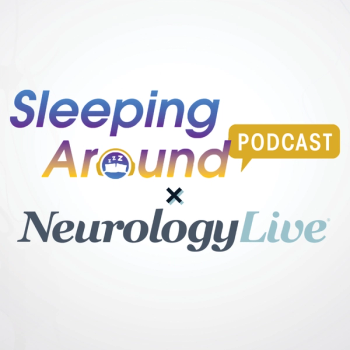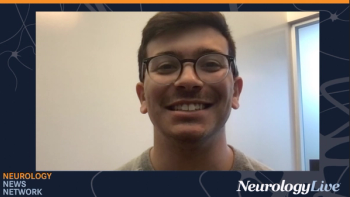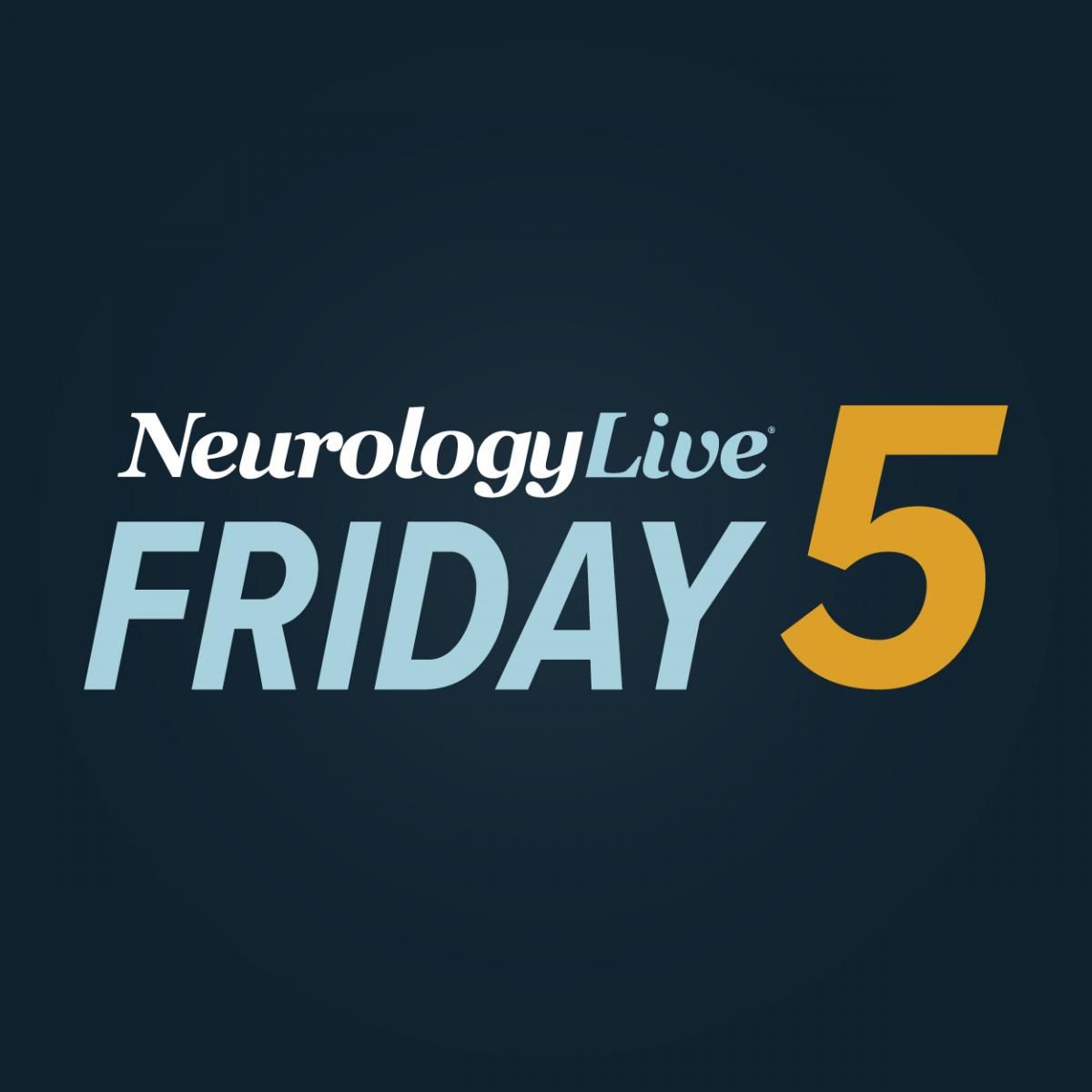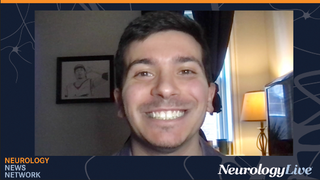
Sleep Disorders
Latest News
Latest Videos

CME Content
More News

Take 5 minutes to catch up on NeurologyLive®'s highlights from the week ending June 28, 2024.

Mind Moments®, a podcast from NeurologyLive®, brings you an exclusive interview with Anne Marie Morse, DO, FAAN. [LISTEN TIME: 18 minutes]

Sleeping Around the Podcast × NeurologyLive brings you a clinical overview of the importance of calcitonin gene-related peptide protein in sleep, and some previously published data to support the role it plays.

In honor of Insomnia Awareness Night, the president of the American Academy of Sleep Medicine board of directors talked about increasing awareness of the sleep disorder for the clinical and patient community. [WATCH TIME: 6 minutes]

The director of the Center for Sleep and Cardiovascular Outcomes Research at University of Pittsburgh talked about a phase 3 trial assessing a pharmaceutical treatment, AD109, in sleep apnea.

Pitolisant is the first and only drug in the class of antagonist/reverse agonists of the histamine H3 receptor for the treatment of patients with narcolepsy.

Here's some of what is coming soon to NeurologyLive® this week.

Test your neurology knowledge with NeurologyLive®'s weekly quiz series, featuring questions on a variety of clinical and historical neurology topics. This week's topic is on Alzheimer disease/dementia.

The assistant professor at the University of South Florida provided perspective on the influence of circadian rhythm in neurocognitive health and the possibilities of screening for circadian rhythm issues for large-scale clinical trials. [WATCH TIME: 4 minutes]

Take 5 minutes to catch up on NeurologyLive®'s highlights from the week ending June 21, 2024.

Neal K. Shah, CEO of CareYaya Health Technologies, discussed how sleep apnea and cognitive decline may be interrelated and disproportionately affecting minoritized populations.

Eric Herzog, PhD, a chronobiologist and professor of biology and neuroscience at Washington University, provided thoughts on a number of topics related to sleep during pregnancy and the significance of maintaining circadian rhythms.

A recent study showed a significant association between sleep apnea, additional sleep characteristics, and late-onset epilepsy in older adults, even after adjusting for comorbidities.

The pediatric neurologist and sleep medicine specialist at Geisinger Medical Center provided commentary on the complexities with treating cataplexy, and the misperceptions patients may have about how to manage their condition. [WATCH TIME: 3 minutes]

Across both the primary and secondary end points, treatment with TAK-861 resulted in significant improvements in symptom severity among patients with narcolepsy type 1.

Here's some of what is coming soon to NeurologyLive® this week.

Test your neurology knowledge with NeurologyLive®'s weekly quiz series, featuring questions on a variety of clinical and historical neurology topics. This week's topic is on narcolepsy.

Ron Grunstein, MD, PhD, head of Sleep and Circadian Research at the Woolcock Institute of Medical Research, provided commentary on early, promising data regarding investigational agent ALKS 2680 in patients with narcolepsy type 1.

Take 5 minutes to catch up on NeurologyLive®'s highlights from the week ending June 14, 2024.

The director of the Center for Sleep and Cardiovascular Outcomes Research at University of Pittsburgh talked about a novel pharmacologic treatment that shows potential as an alternative to continuous positive airway pressure for sleep apnea. [WATCH TIME: 5 minutes]

The pediatric neurologist and sleep medicine specialist at Geisinger Medical Center discussed a presentation from SLEEP 2024 highlighting the impacts of narcolepsy and how patients try to mitigate their symptoms. [WATCH TIME: 5 minutes]

Catch up on any of the neurology news headlines you may have missed over the course of May 2024, compiled all into one place by the NeurologyLive® team.

Here's some of what is coming soon to NeurologyLive® this week.

Neurology News Network. for the week ending June 9, 2024. [WATCH TIME: 4 minutes]

Test your neurology knowledge with NeurologyLive®'s weekly quiz series, featuring questions on a variety of clinical and historical neurology topics. This week's topic is on stroke and large hemispheric infarction.


















